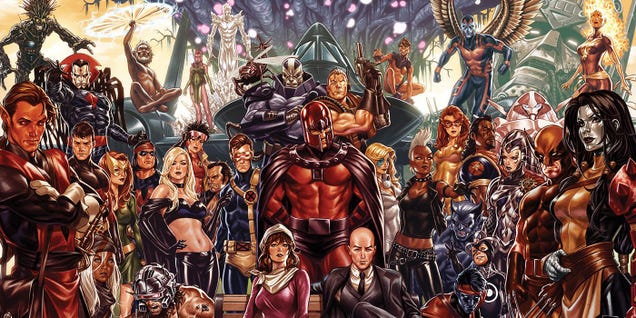In 2023, a perfect, pink storm of events conspired to make this year one in which we could revisit and reclaim our girlish joys: the bubblegum bliss of Barbie, Taylor Swift and Beyoncé’s triumphant tours, and the return of Y2K aesthetics. A stream of “girl” branded activities graced our social media feeds: girl dinner, girl math, and hot girl walks. We garnished ourselves with bows and friendship bracelets. We were girls together.
The trend has its critics. My fellow reporters Elena Cavender and Chase DiBenedetto recounted all the ways we girl-ified our year in a must-read retrospective and were ultimately unimpressed “thinly veiled consumerism… billed as community-building.”
Isabel Cristo at The Cut opined that “the fervid enthusiasm of grown women to participate in the veneration of girlhood raises a slightly unsettling question: What is it, exactly, that’s so uninviting about being an adult woman?”
The answer is: just about everything. Our reproductive rights are being taken away, revenge and deepfake porn remain genuine threats to bodily autonomy, climate change threatens our survival, and many young adults in the U.S. can’t afford rent.
When did it end, all the enjoyment? It ended, for many of us, some time ago.
When faced with that reality, Cristo notes, girlhood is a rather appealing idea. In adolescence, friendships are forged in an instant. We didn’t have to worry about rent or taxes or whether our likeness would be posted on the internet without our consent. We do not yet know who we are and, in that way, we are free.
Cavender and DiBenedetto feel that 2023’s girlhood obsession failed to forge any meaningful sense of community. But in revisiting girlhood, I have found this year to be one of immense, genuine connection to other women.
The phrase “we were girls together” was shared around the internet this summer after a TikTokker posted a video of an inscription on a Central Park bench that read “For my lifelong best friend Judy. From Janice. We were girls together.”
“We were girls together is killing me inside” read one comment. “I’m on my knees sobbing,” said another. One user tagged a friend, Lila, and wrote “This made me think of you. I’m so lucky I’ve gotten to be a girl with you.”
The earliest instance of the phrase in literature appears to have been in Toni Morrison’s 1973 novel Sula. The book examines the bond between the title character and her friend Nel, which forms in the halcyon of their youth only to fall apart in adulthood over disagreements about sexual freedom, domesticity, motherhood, and marriage. Both women seek comfort in relationships with men but ultimately find that “a lover [is] not a comrade.” Nothing can replace their childhood bond and, in the book’s final sentences, Nel visits Sula’s grave to mourn their friendship in four words: “We was girls together.”
This year, I was grateful to be a woman, and to have been girls with other women. Our relationship with our femininity is fragile. What we love about being a woman can often turn into what we hate most about ourselves, and each other.
The girlhood trend of 2023 may not create any lasting societal change. But I celebrate that, this year, when we honored our womanhood by reclaiming our girlish joys, we did it together. In movie theaters and arenas, over kitchen tables and TikTok feeds, we embraced each other as we are now and as we were then.
Saying goodbye to the year of the ‘Barbie’ movie. 2023 was the year we were girls together, revisiting and reclaiming our girlhood through ‘girl’ trends and pink aesthetics. Read More Mashable

